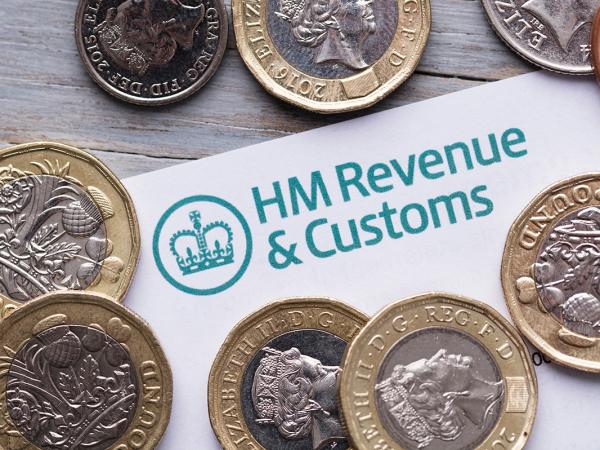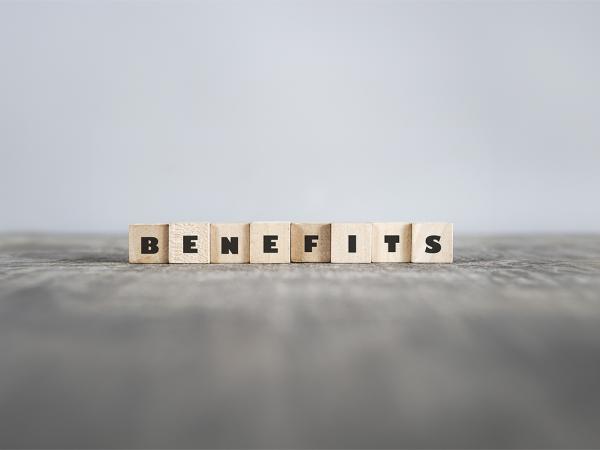Child benefit
This page looks at child benefit and links to our guidance on how the high income child benefit charge (HICBC) works.

Content on this page:
Child Benefit Overview
Child benefit is a non-means-tested benefit payable for each child. You can get child benefit no matter what your income, but see below for information on the high income child benefit charge if your income, or your partner’s income, is over a certain level.
There are two separate amounts of child benefit, with a higher amount for your eldest (or only) child.
Claiming child benefit
If you are responsible for a child or qualifying young person and live in the UK, you can normally claim child benefit. The rules can be complex around who has responsibility for a child or qualifying young person. You can find out more on the GOV.UK website.
The high income child benefit charge (HICBC)
You may be liable to a tax charge if you have, or your partner has, an adjusted net income of more than £60,000 (£50,000 for 2023/24 and earlier tax years) and one of you gets child benefit.
The charge could also apply to you (or your partner) if you receive contributions towards the upkeep of a child you live with from another person who:
- Does not live with the child; but
- Receives child benefit in respect of that child; and
- Neither they (nor their partner) are liable to the charge themselves
See our page on the high income child benefit charge for more information.



